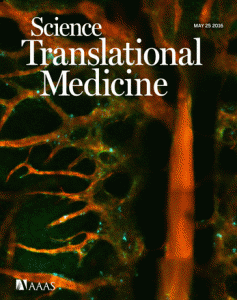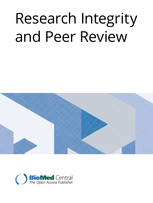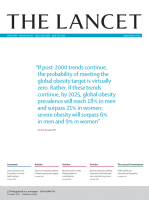
The self-proclaimed “father of nutritional immunology,” Ranjit Kumar Chandra, has lost two more papers following the release of a misconduct investigation report by his former employer, Memorial University of Newfoundland (MUN).
The report was released last year after Chandra lost his libel suit against the Canadian Broadcasting Company (CBC). The newly retracted papers were both published in Nutrition Research. On one, the author is listed as “Amrit Jain,” who is allegedly Chandra, as well.
Here’s the retraction notice for the article by Amrit Jain:
Continue reading Nutrition researcher loses two more papers after misconduct findings come to light






 Surgeon Paolo Macchiarini did not apply for the necessary ethics approval to perform the pioneering transplants he’s known for, according to the Swedish Research Council.
Surgeon Paolo Macchiarini did not apply for the necessary ethics approval to perform the pioneering transplants he’s known for, according to the Swedish Research Council.